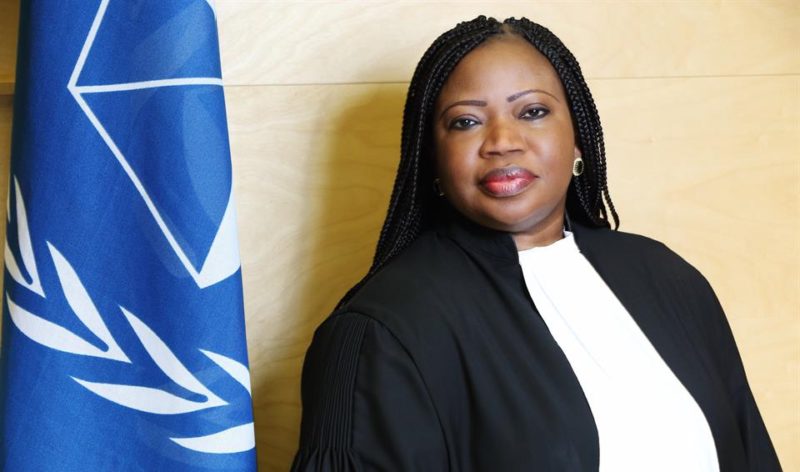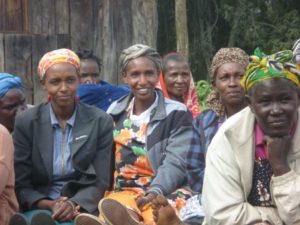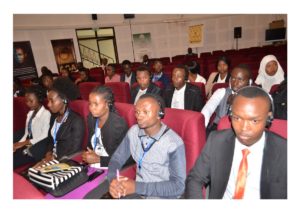By: Jordan Broadbent
Impunity Watch Staff Writer
JUBA, South Sudan — On February 14, 2019, the African Commission on Human and Peoples’ Rights issued a plea for the President of South Sudan to stop using the death penalty against juveniles.
Since South Sudan gained independence from Sudan in 2011, President H.E. Salva Kiir Mayardit has ruled South Sudan with an iron fist. His rule has raised several concerns of the human right to life. After gaining independence, the South Sudanese government began to increasingly use the death penalty and citizens who were children at the time they committed a crime were not exempted from the death penalty.
While not prohibited under international law, it is illegal to issue the death penalty to someone under the accepted age of adulthood – 18 years old – at the time that person committed the crime. Issuing the death penalty to children is rare, and only a handful of countries still continue this practice. In this region, South Sudan and Somalia are the only countries that still issue the death penalty to children.
Since independence 140 death sentences have been issued, including citizens who were children at the time of the crime. One, a 17-year-old boy was just 15 at the time of an accident which ended up killing another person. The boy was not afforded a lawyer at the time of his trial and he was sentenced to death by hanging, he is currently waiting for his appeal on death row.
According to the South Sudan Criminal Code, the designated method of execution is death by hanging. Prior to execution, both the President and the Supreme Court must approve of the sentence. This requirement implicates the President for the increase of death penalty sentences to those under 18 years old. This violates the government’s obligations under Article 37(a) of the Convention on the Rights of the Child, to which South Sudan is a party. The Convention outlaws both the death penalty and life imprisonment for those who committed crimes while under the age of 18. The President has denied there has ever been an execution of someone under 18 sentenced in South Sudan.
Amnesty International along with the African Commission on Human and Peoples’ Rights have issued statements condemning South Sudan.
For further information, please see:
CNN- Child on Death Row in South Sudan as State executions escalate – 7 Dec. 2018
International Bar Association – The Death Penalty under International law – May 2009


